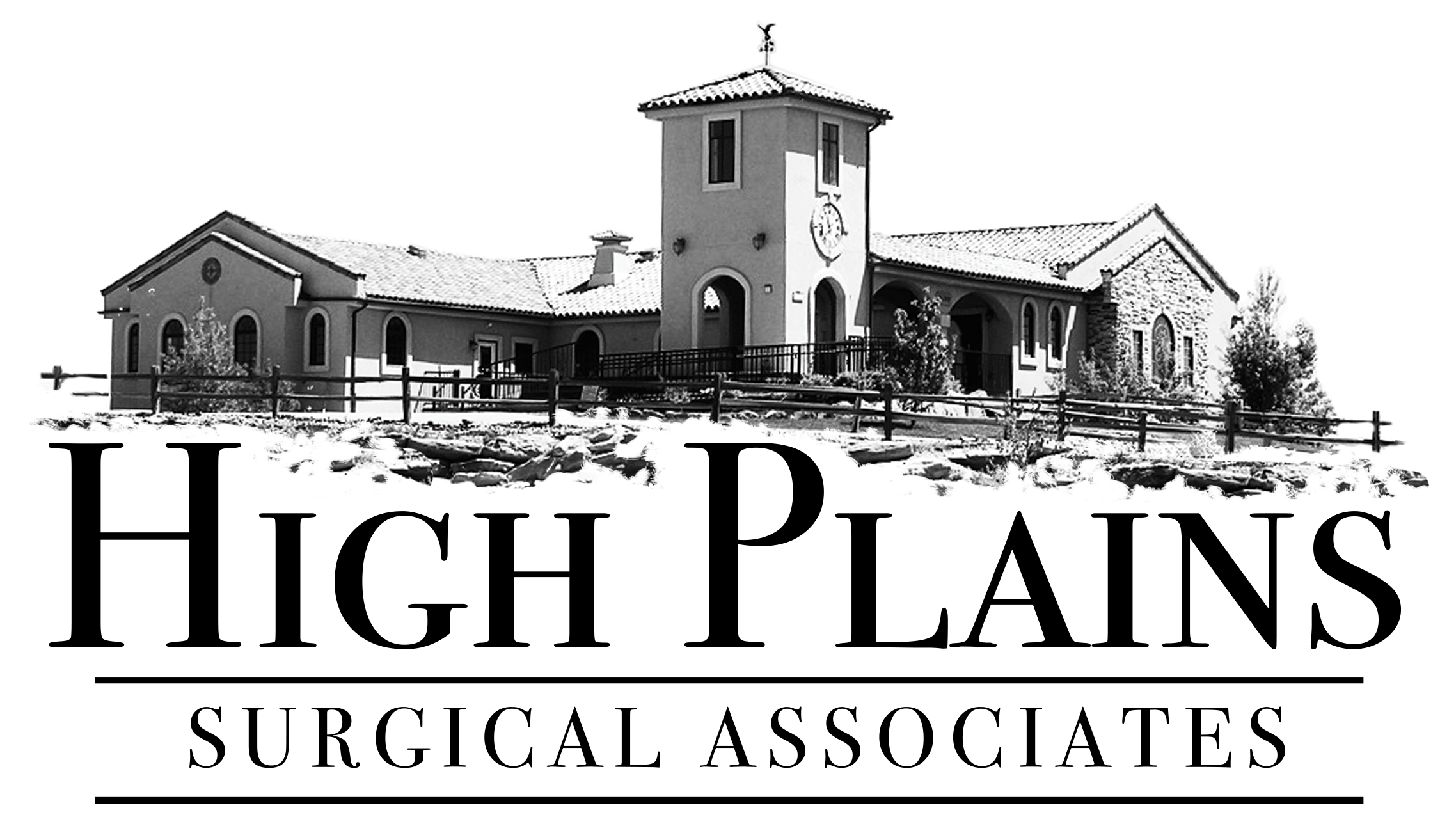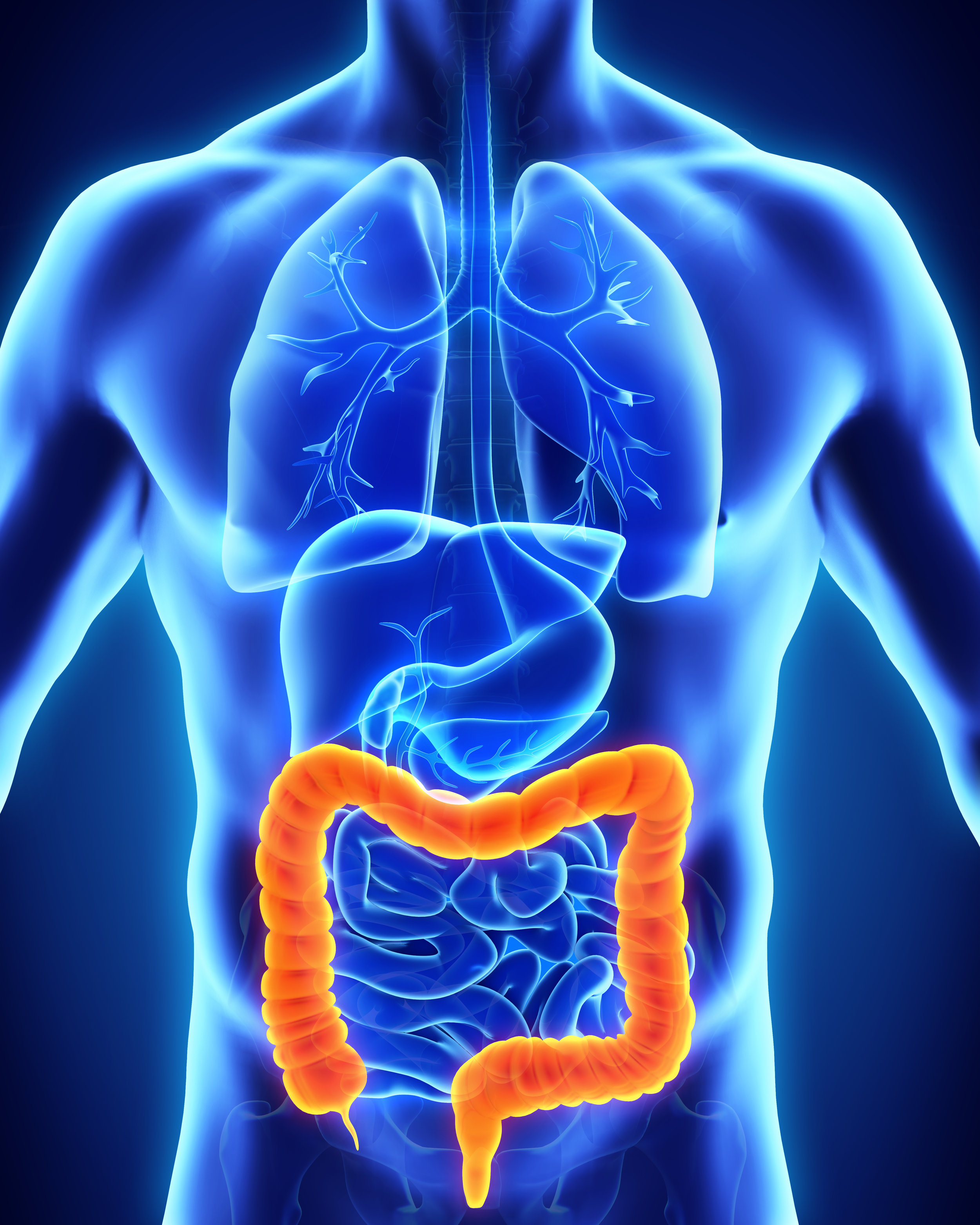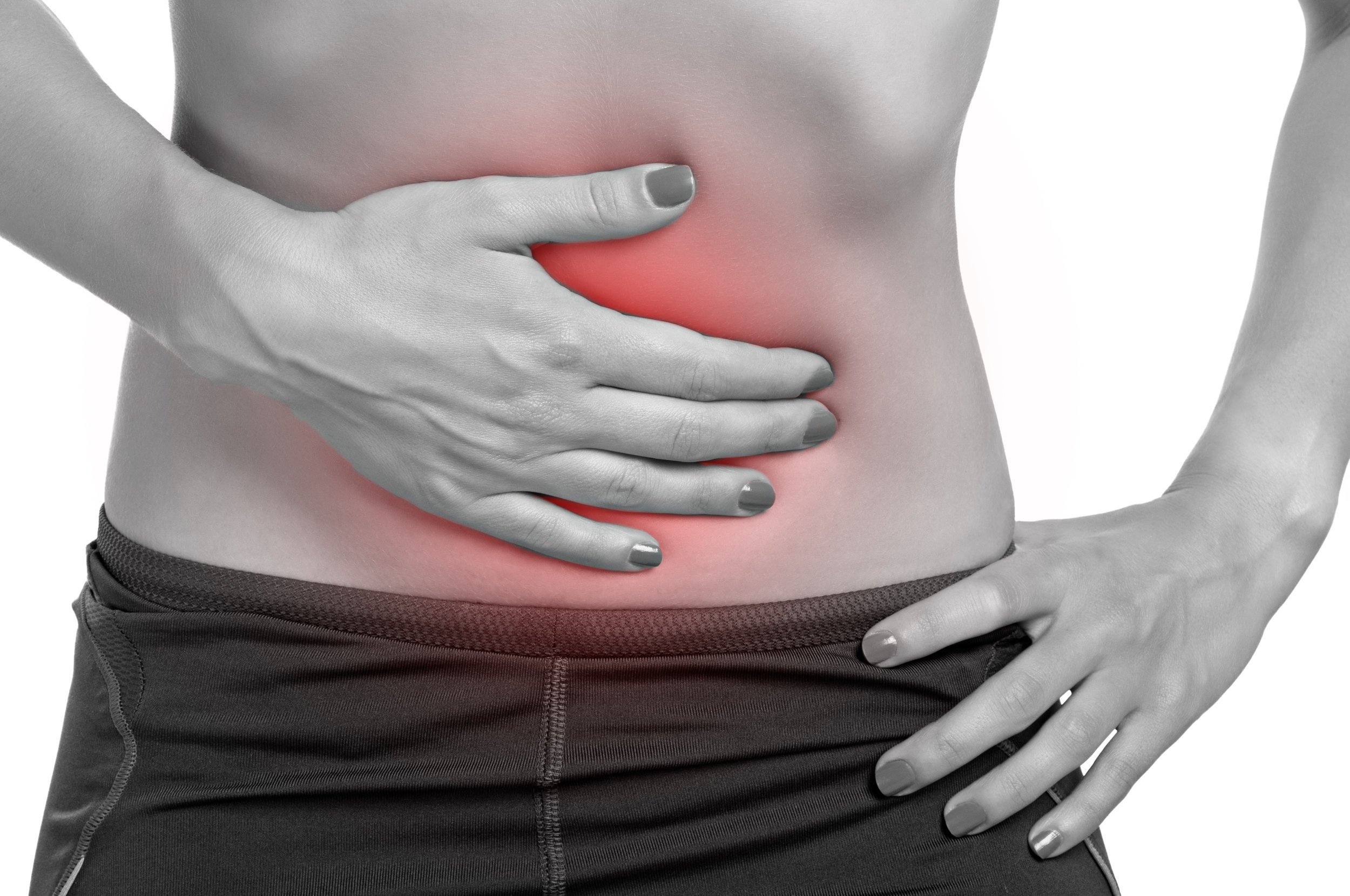Colon
The colon is also known as the large intestine or large bowel. Part of the digestive system, this organ allows us to eat and then use that food to fuel our bodies. This is one of the last places that our food travels through. Once the particles reach the colon, it is mostly liquid. The water is absorbed, and the remaining material is broken down by the bacteria in the colon. Having a well-balanced diet is good for your overall health, but eating high-fiber foods such as fruit and vegetables is essential to having a healthy colon. A healthy colon can rid your body of leftovers that it no longer needs.
Colon Cancer
When healthy cells in the colon develop errors in their DNA, colon cancer occurs. After a cell’s DNA becomes damaged and cancerous, the cell continues to divide even when new cells aren’t needed. A tumor is formed when enough of these cells accumulate.
Symptoms include:
A change in your bowel habits, including diarrhea or constipation or a change in the consistency of your stool that lasts longer than four weeks
Rectal bleeding or blood in your stool
Persistent abdominal discomforts, such as cramps, gas, or pain
A feeling that your bowel doesn't empty completely
Weakness or fatigue
Unexplained weight loss
In the early stages of the disease, many people don’t experience any symptoms. When symptoms do appear, they can vary depending on the size and location of the cancer.
Causes of Colon Cancer
In most cases of colon cancer, doctors aren’t able to pinpoint the cause of it. Inherited gene mutations could increase your risk of developing colon cancer though. Fortunately, these genes passed through the family are only linked to a small percentage of colon cancers. The most common forms of inherited colon cancer syndromes are:
Hereditary nonpolyposis colorectal cancer (HNPCC): Also called Lynch syndrome, this type increases the risk of colon cancer and other cancers. People with HNPCC tend to develop colon cancer before age 50.
Familial adenomatous polyposis (FAP): FAP is a rare disorder that causes you to develop thousands of polyps in the lining of your colon. When this form goes untreated, there is an increased risk of the person developing colon cancer before age 40.
Risk Factors
Factors that could increase your chances of developing colon cancer are:
Low-fiber, high-fat diet
A sedentary lifestyle
Diabetes
Obesity
Smoking
Alcohol
Radiation therapy for cancer
Inflammatory intestinal conditions
Older age
African-American race
A personal history of colorectal cancer or polyps
Inherited syndromes that increase colon cancer risk
Family history of colon cancer
Treatment
The type of treatment that your doctor recommends will largely depend on how advanced your cancer is.
Early stage colon cancer
If the cancer is tiny, it might be best to undergo a minimally invasive surgery such as:
Removing polyps during colonoscopy: If the cancer is caught early enough where it is small and located in a polyp, your doctor may be able to remove it completely during a colonoscopy.
Endoscopic mucosal resection: Removing larger polyps may require also taking a small amount of the lining of the colon in a procedure called endoscopic mucosal resection.
Minimally invasive surgery: If a polyp can't be removed during a colonoscopy, it may be removed using laparoscopic surgery. In this procedure, your surgeon performs the operation by making several small incisions in your abdominal wall and then inserting instruments with attached cameras that display your colon on a video monitor. It is a possibility that the surgeon will take samples from lymph nodes in the area where the cancer is located.
Invasive colon cancer
If your colon cancer is at the point where it has grown into or through your colon, your surgeon may recommend:
Partial colectomy: This procedure involves the surgeon removing the part of your colon that contains the cancer, along with a margin of healthy tissue on either side of the cancer. Usually, your surgeon can reconnect the healthy portions of your colon or rectum.
Surgery to create a way for waste to leave your body: When it's not possible to reconnect the healthy portions of your colon or rectum, you may need to have a permanent or temporary colostomy. This involves creating an opening in the wall of your abdomen from a portion of the remaining bowel for the elimination of body waste into a special bag.
Your doctor could also recommend chemotherapy or radiation. If the cancer has spread to the lymph nodes after surgery, chemotherapy is usually given. In this situation, chemotherapy may be able to reduce the risk of the cancer recurring. Chemotherapy could also be used before surgery to the make the size of the cancer smaller. Ultimately, chemotherapy uses drugs to destroy cancer cells. Radiation therapy is another option. In this method, powerful energy sources, such as X-rays are used to kill cancer cells that might still be there after surgery, shrink tumors before an operation so that they can be removed easier, or relieve possible symptoms from colon cancer.
At High Plains Surgical Associates, Dr. Sara Hartsaw can give you the answers that you are looking for while supporting you along the way. Gillette, Wy has been in excellent hands with this medical clinic since 1994.



